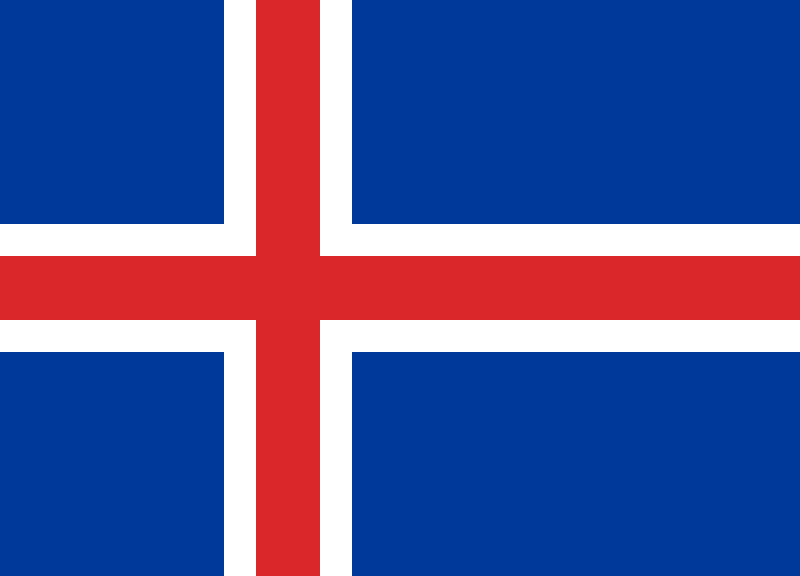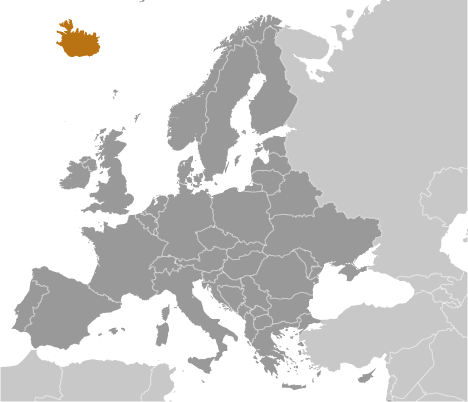HISTORICAL BACKGROUND
The Information Act (Upplysingalög) governs the release of records held by state and municipal administrations and private parties exercising state power that affects individual rights or obligations.(1) The Act was adopted in 1996 and went into effect in 1997. Under the Act, individuals, including nonresidents, and legal entities, have a legal right to documents and other materials without having to show a reason why they are asking for these documents. Government bodies must explain in writing if they have not processed a request in seven days.
Exempted from the Act are materials relating to meetings of the Council of State and the Cabinet, memoranda recorded at ministerial meetings and documents which have been prepared for such meetings, correspondence prepared for court proceedings, working documents before a final decision is made, and applications for employment. The Act also does not apply to registrations, enforcement proceedings, property attachments, injunctions, sales in execution, moratoria on debts, compositions, liquidations, divisions of estates at death and other official divisions, investigations or prosecutions in criminal cases, information under the Administrative Procedure Act and the Personal Data Act, and cases where other provisions are made in international agreements to which Iceland is a party. Access to this information is available once the measures are complete or after a period of 30 years (80 years for personal information).
Information about a person's private life or important financial or commercial interests of enterprises or other legal persons is withheld unless the person gives permission. Information relating to security or defense of the state, relations with other countries, commercial activities by state bodies and measures by state bodies that "would be rendered meaningless or would not produce their intended result if they were known to the general public" prior to the measures being conducted can be withheld if there are "important public interests". Copyrighted material can be released with the provision that those obtaining them must respect copyright rules.
Denials can be appealed to the Information Committee which rules on the disputes.(2) Government bodies are required to comply with the decisions but can appeal to the courts. The Committee made 139 rulings between 1997 and 2001.(3)
A working group is currently reviewing laws on institutions such as Statistics Iceland and the Meteorological Office to revise them to allow for database access to implement the EU Directive on the re-use and commercial exploitation of public sector information (2003/98/EC).(4)
The Council of Europe GRECO anti-corruption committee review of Iceland in 2003 found a high level of transparency:
Generally, the GET's review of relevant laws, standards, policies, and practices, as well as discussions with public officials and representatives of civil society, relating to pertinent issues of public administration, established that the systems in place have a high degree of safeguards to ensure integrity and in particular, transparency. The Information Act and the policy on egovernance facilitate appropriate access to public information. Iceland should be commended for that.(5)
Individuals can obtain records that contain their personal information from public and private bodies under the Personal Data Act.(6) The Act is enforced by the Persónyvernd (Data Protection Authority).(7)
The Criminal Code provides for of up to sixteen years imprisonment for disclosing "secret agreements, contemplations or resolutions of the State relating to matters on which its fortune or rights against other States depend or which are of major financial or commercial importance for the Icelandic nation" and up to ten years for military secrets.(8)
Iceland signed the Aarhus Convention in June 1998 but has not ratified it. Access to environmental information is available under the Act on Public Access to Environmental Information.(9) The Minister of the Environment is also obliged to publish information.
Under the Act on the National Archives of Iceland, files are transferred to the archives after 30 years.(10) Access to archives is under the Information Act and denials can be appealed to the Information Committee.
2004 freedominfo.org Global Survey Results - Iceland
NOTES
Information Act. Act no. 50/1996. http://eng.forsaetisraduneyti.is/media/English/accesstoinfo.doc
Homepage: http://ursk.forsaetisraduneyti.is/
Council of Europe, Responses to the Questionnaire on National Practices in Terms of Access to Official Documents - Iceland, Sem-AC(2002)002 Bil, 18 November 2002, p.157.
Advisory Panel on Public Sector Information, Update on current status of Implementation in European Union member-states, 4 January 2005.
Second Evaluation Round - Evaluation Report on Iceland. Adopted by GRECO at its 19 th Plenary Meeting (Strasbourg, 28 June - 2 July 2004). Greco Eval II Rep (2003) 7E
Act on Protection and Processing of Personal Data, No. 77/2000 (Amendments: Act No. 90/2001 and Act No. 81/2002).
Web Site: http://personuvernd.is/tolvunefnd.nsf/pages/english
Criminal Code No 19 §§ 91-92.
Public Access to Environmental Information Act, 21/1993.
The Act on The National Archives of Iceland Law No. 66/1985. http://www.archives.is/index.php?node=145





















